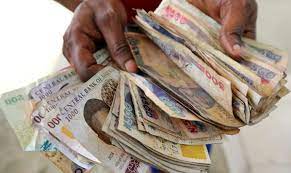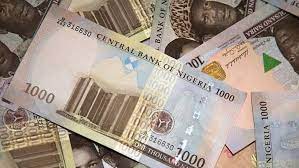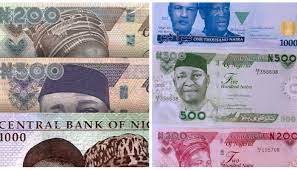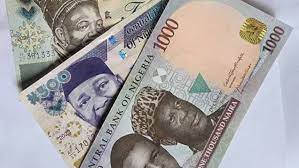CBN orders banks to collect old N500, N1,000 notes

The
Central Bank of Nigeria, CBN, has directed Deposit Money Banks to
collect old N500, and N1,000 notes from customers with reference code
generated from its website.
Multiple bank sources told Vanguard that the branches
received a directive from the head office some hours ago that they
should collect the old notes from their customers who have enrolled and
generated reference code from the CBN website.

A
top CBN official confirmed the directive: “Yes we have directed
them to collect the old N500 and N1,000 from customers, subject to
maximum of N500,000.” Recall that President Muhammadu Buhari directed
that the old N500 and N1,000 notes were no longer legal tenders, but
that those having the notes should take the notes to the CBN.

Consequently, the CBN opened a portal for people with the old N500
and N1,000 notes to register how much they want to deposit and to get a
reference code to confirm there registration.
The reference code will be used to deposit the old notes at any of the CBN offices across the country.

However, investigation revealed that the CBN might have allowed
the banks to collect the old notes from their customers, following the
huge number of people that besieged its offices to deposit the old N500
and N1,000.
A top bank official and branch head told Vanguard that
the branch will collect old notes from customers tomorrow (Saturday) as
the branch did not open to customers today due to fear of attack.
Comments
Post a Comment
https://saviournicodemus.blogspot.com